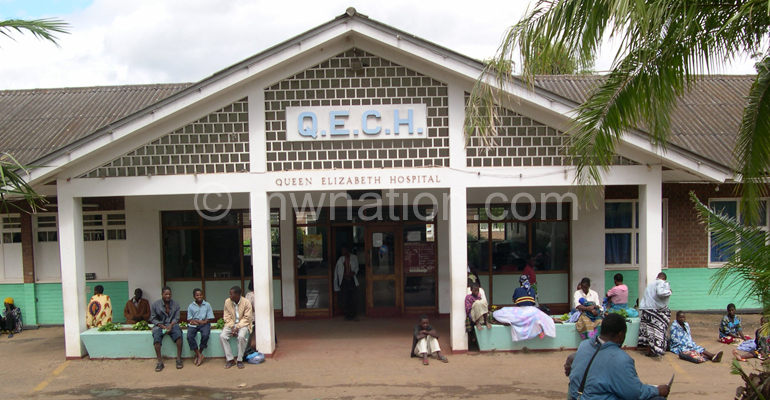Health sector needs K19.5bn to fill vacancies
The Parliamentary Budget Cluster on Health, HIV and Aids and Nutrition says the health sector needs an additional K19.5 billion to recruit health care workers for central and district hospitals to reduce the high vacancy rates.
Cluster co-chairperson Matthews Ngwale said this in Parliament when he presented the cluster’s 2023/24 budget scrutiny report.

He said the 56 percent vacancy rate in central hospitals and 55 percent in the district hospital, is compromising service delivery.
Ngwale said the situation has also rendered the ministry unable to efficiently and effectively respond to pandemics because staff are overwhelmed.
He said: “We already know that the health sector is under pressure with the cholera outbreak, and will be under pressure with the Cyclone Freddy effects. Therefore, we have to address the challenge of inadequate health personnel in the country.”
He said health facilities in some cases have had to rope in support staff such as security guards and hospital attendants to help with other duties.
Said Jobe: “As Mhen and as chair of the Universal Health Coverage Coalition, we lobbied for the recruitment of temporary health workers during the Covid-19 pandemic, and about 1 500 were recruited, and at the cholera peak, there was also a lot of pressure on the health care workers.
“That means with anything that happens, it brings pressure on our health care workers. Now with cyclone Freddy, we also need a lot of health care workers to support.”
He observed t h a t when talking of health care provision, at the centre of everything is the personnel who must be available, and then bring medical equipment, medicine and other infrastructure.
Health rights activist Maziko Matemba shared similar sentiments and said the health sector cannot run without a skilled health workforce which can support it in the delivery of quality health services.
He said: “We’re talking about delivery of quality health services because this is critical and essential in bringing down diseases in the communities.
“So the addition of
K19.5 billion for recruiting additional health workers would go a long way in increasing and filling the huge human resources gaps that Malawi has in most of the cadres of the health sector.”
When contacted to find out where the additional funds would come from given the resource deficit in the K3.87 trillion 2023/24 National Budget, Minister of Finance and Economic Affairs Sosten Gwengwe said he cannot comment on these matters because the budget is not yet passed.
Parliament is scrutinising allocations to government ministries, departments and agencies before enacting the Appropriations Act to authorise Treasury to raise and spend funds from April 1 this year to March 31 2024.





